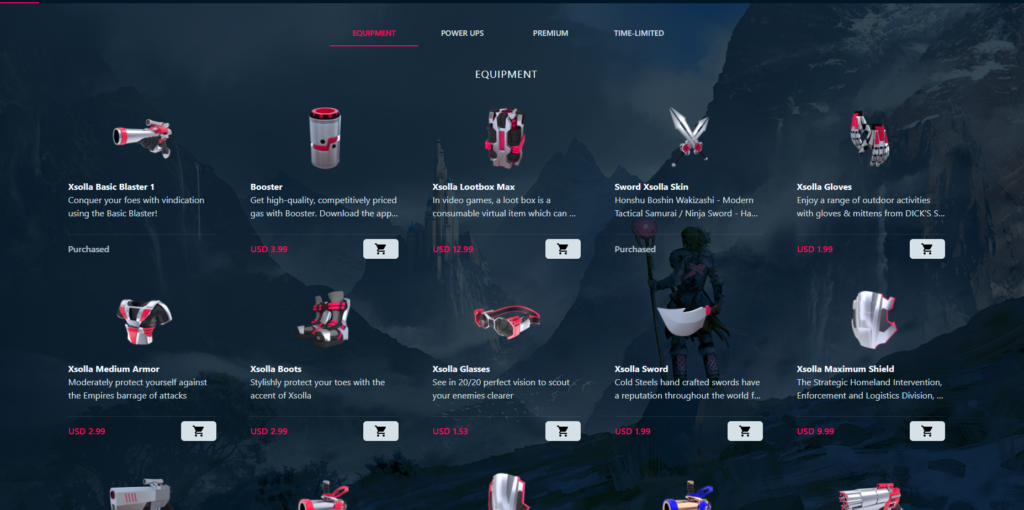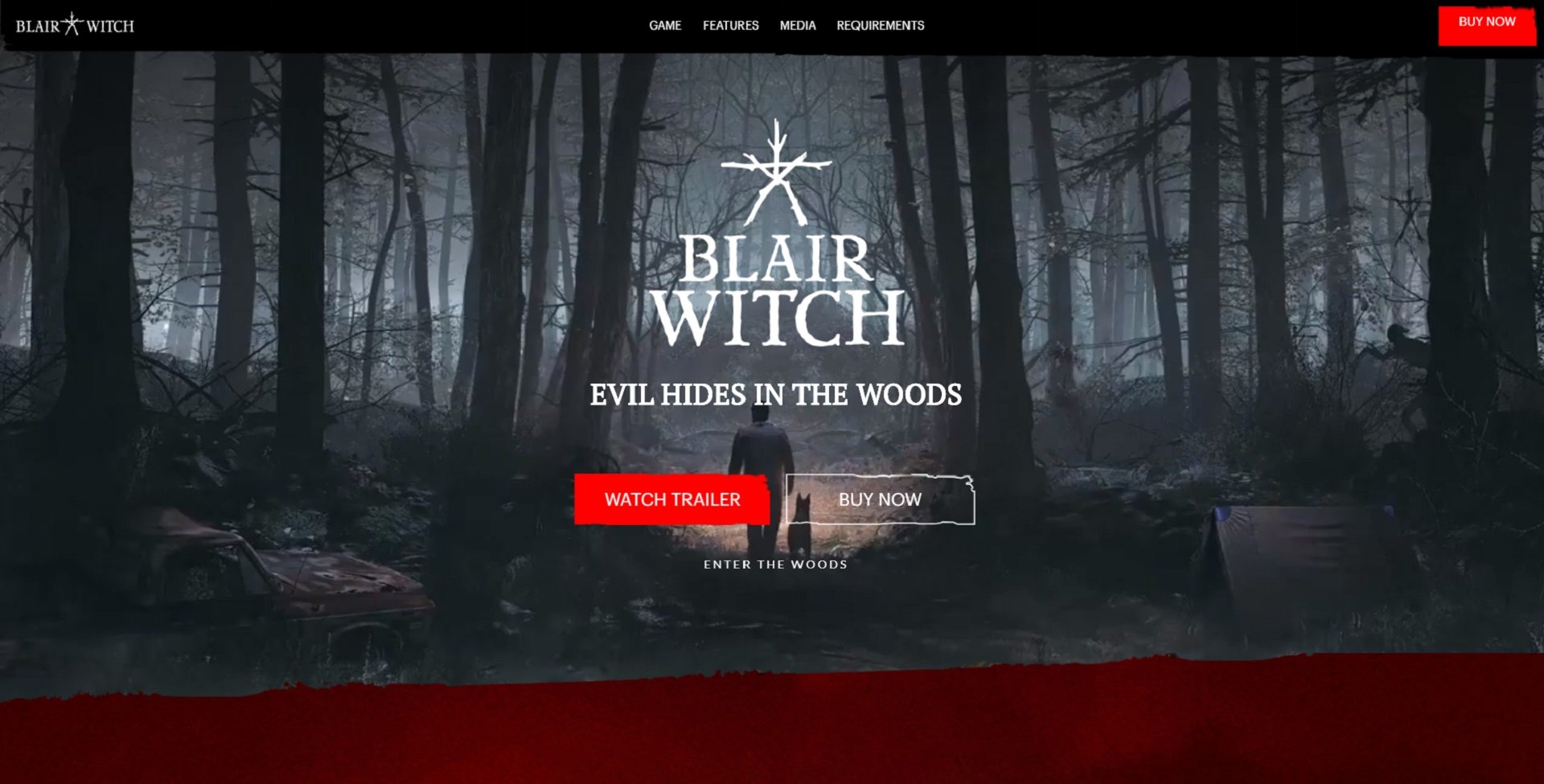
Throughout its 15 years in existence, Xsolla has quietly built a reputation as a go-to provider of monetization and development tools for the games industry. The company works with a number of high-profile devs and publishers, including Epic Games, Ubisoft, Roblox Corporation, Take-Two, Atari, and many more. According to Chris Hewish, Xsolla’s new president, the company’s intention has never been to seek attention or fame, but to provide game makers the resources they need to focus on crafting their vision.
“The company started on the payment side of things, but has really grown to cover all aspects of monetization, whether it’s the pay station, subscriptions, anti-fraud, in-game stores with microtransactions, player inventory systems so that you can store inventory in the cloud,” Hewish told GameDaily. “Our partner network, which helps with user acquisition, taps you into influencer networks for performance-based campaigns. And also some of the stuff that is really important in regards to growing a community–things like a game launcher for one or multiple games, a single secure login, credentials for your players.”

Hewish said that the goal of Xsolla is to be a sort of one-stop shop for the game development community, a place that can provide all the technical and business-facing services that may not be a priority for game makers. The hope is that developers can turn their full attention to making a fun game rather than allocating resources to building out an in-game storefront or inventory management systems.
Hewish, who joined Xsolla in mid-March, boasts a varied and thorough resume. He got his start in the games industry in the early 90s when he joined MicroProse as a designer. He also spent a decade at Activision as an executive producer. Since then, Hewish has spent time at a number of industry-adjacent companies, such as DramWorks Animation, Survios, and Skydance. Xsolla was an attractive next step, he said, because of the unique perspective on the games industry the company offers.
“After talking with the people I know there, and talking with the CEO, understanding a little bit about what the company is, where it’s going, it really opened my eyes to the fact that this is a whole new set of experiences and that I have not been exposed to. And it really helps round out my overall experience,” Hewish explained.
Hewish’s experience on both the content creation and consumer side of game development means that the jump to the business-focused Xsolla rounds out his resume in a way that few industry executives can claim. The nature of Xsolla’s business also means that Hewish is working at a larger scale than he ever has before.
“In the past, I’ve worked on individual games, or managing portfolios of multiple games. But at the most, that’s maybe been a dozen games at any given time,” he explained. “Well, now I’m able to work with a company where we’re working with well over a thousand games at any given time, and that’s a scale that is pretty amazing. It allows me to view the industry and learn about it in a new way. That was one of the things that was really interesting in coming in.”
Of course, thanks to the ongoing COVID-19 pandemic, the timing of Hewish joining Xsolla was less than ideal; he came aboard in mid-March, right when the virus was starting its rampage in the U.S.
“I spent a grand total of four days in the office before the mandatory stay at home order came into play,” Hewish recalled. “It was surreal in the sense that on that Monday, the office was fairly full. And then as each day went by, the number of people in the office kept dropping. On that last day, Thursday, there were maybe four of us in the office.”
Despite the questionable timing of Hewish’s appointment as president, Xsolla has largely adjusted fairly well to remote working conditions. There have been a number of challenges, of course, most of them psychological rather than technical.
“I think technologically, we were prepared for it. Psychologically, it took a little while to get comfortable with it,” Hewish said. “Fortunately, we already had the methodologies in place. It was just a matter of people getting used to shifting their communication to a remote environment, and with managers getting comfortable with the fact that people were actually still staying on point and being productive.”
Hewish noted that the team has actually been more productive at home than it was in the office. He attributes this to the fact that work-from-home requires a bit more foresight and structure than traditional work environments. In an office, you’re able to have impromptu conversations, lending a sort of improvisational quality to the day. Remotely, though, you need to coordinate with the right people in a more meticulous way.
Xsolla isn’t letting the pandemic get in the way of its long-term goals. In fact, quarantine policies have highlighted one of its more prominent business segments: influencer marketing. During the pandemic, livestreaming has exploded in popularity and has become a primary form of entertainment.
Xsolla boasts an internal network of over 12,000 influencers according to Hewish’s estimation, which opens up a broad new avenue for marketing and audience capture. One example is building out digital storefronts to exist outside of the games for which they were initially designed.
“We see that gamers are interacting with games even when they’re not playing them,” Hewish explained. “They’re online, whether it’s viewing stuff on Twitch or going to websites to read information about it. So we’ve actually created technology that we recently launched, which allows the in-game store to reside outside of the game. So players can actually purchase something without being in the game, and when they log in, that item is in the game waiting for them.”

This kind of transaction can stem from a consumer watching an influencer interact with special in-game events and items, which are a key way to drive engagement. For example, Hewish said that Xsolla is partnering with PUBG Corporation to allow streamers to earn a portion of the sales of in-game items purchased through their unique creator tags. This emphasizes the symbiotic relationship that exists between publishers and influencers.
Looking forward, sales tactics like influencer marketing and making in-game purchases more accessible are done in service of Hewish’s long-term ambitions for Xsolla. The goal is to grow gaming’s reach, to capture new audiences, and make video games the de facto form of entertainment worldwide.
“We want to democratize gaming,” he said. “We are gamers, and we want to see great games get to market and succeed. Part of what that means is, as we see the games market heading in a direction where the developers and players have a much more direct relationship with one another, we want to provide that connective bridge.”
He reiterated that Xsolla’s focus is on allowing game makers to, well, make the games. You can’t do that when you’re tied up in updating a launcher or addressing a hitch in storefront code. Hewish hopes that by handling this kind of tedious maintenance, developers are freed up to focus on the content of their games and strengthen the relationship with their communities.
“We’re pretty humble in the sense that we’re not going to get out there and tell anybody what the right way to do their business is,” he said. “We just want to provide people with the tools so that they can focus more on identifying what’s right for themselves and building that out.”
For a decade and a half now, Xsolla has quietly been working behind the scenes to carve out an impressive business for itself. By focusing on some of the less flashy aspects of development, the company offers a list of very specialized–and in-demand–services. Nobody gets into game development excited to build monetization tools; they do it because they want to make games. This is Xsolla’s business pitch, and it’s a very smart one. It will be interesting to track the company’s progress under Hewish’s guidance.
Sam, the Editor-in-Chief of GameDaily.biz, is a former freelance game reporter. He's been seen at IGN, PCGamesN, PCGamer, Unwinnable, and many more. When not writing about games, he is most likely taking care of his two dogs or pretending to know a lot about artisan coffee. Get in touch with Sam by emailing him at sdesatoff@rektglobal.com or follow him on Twitter.
 GameDaily.biz © 2024 | All Rights Reserved.
GameDaily.biz © 2024 | All Rights Reserved.